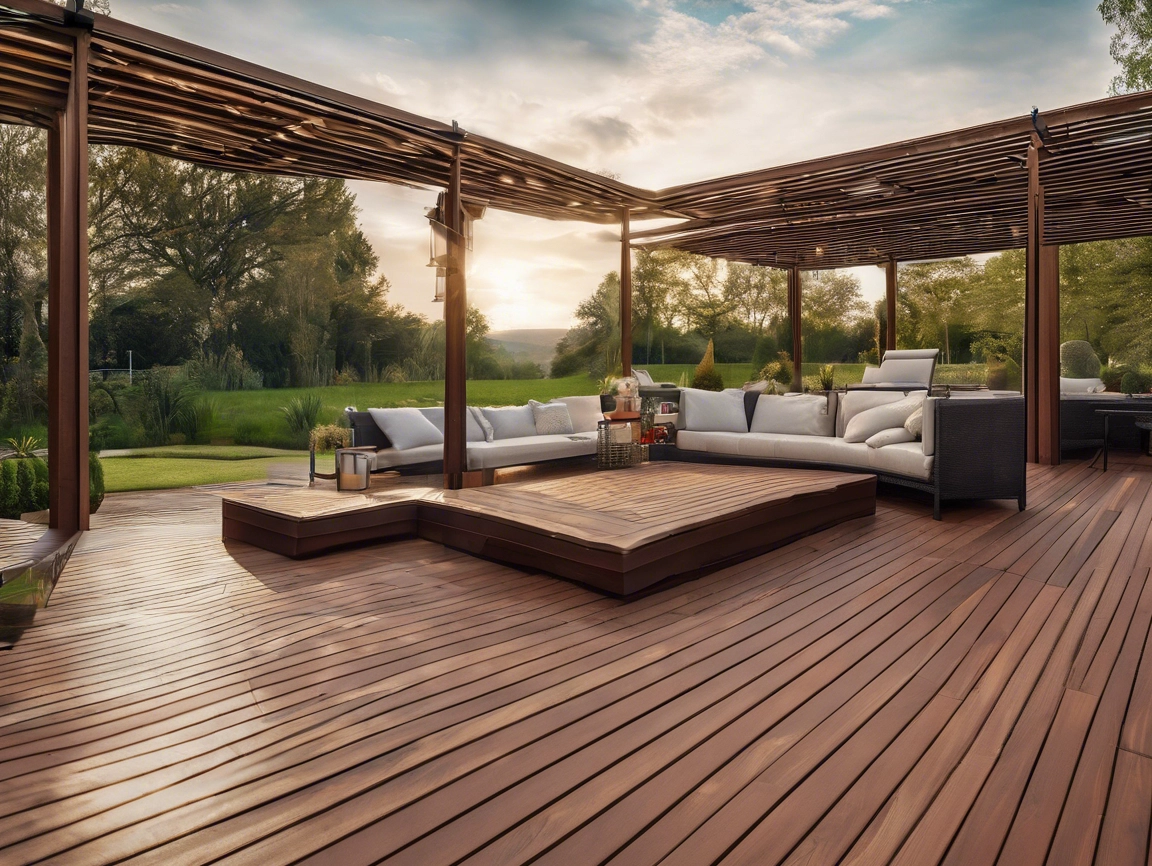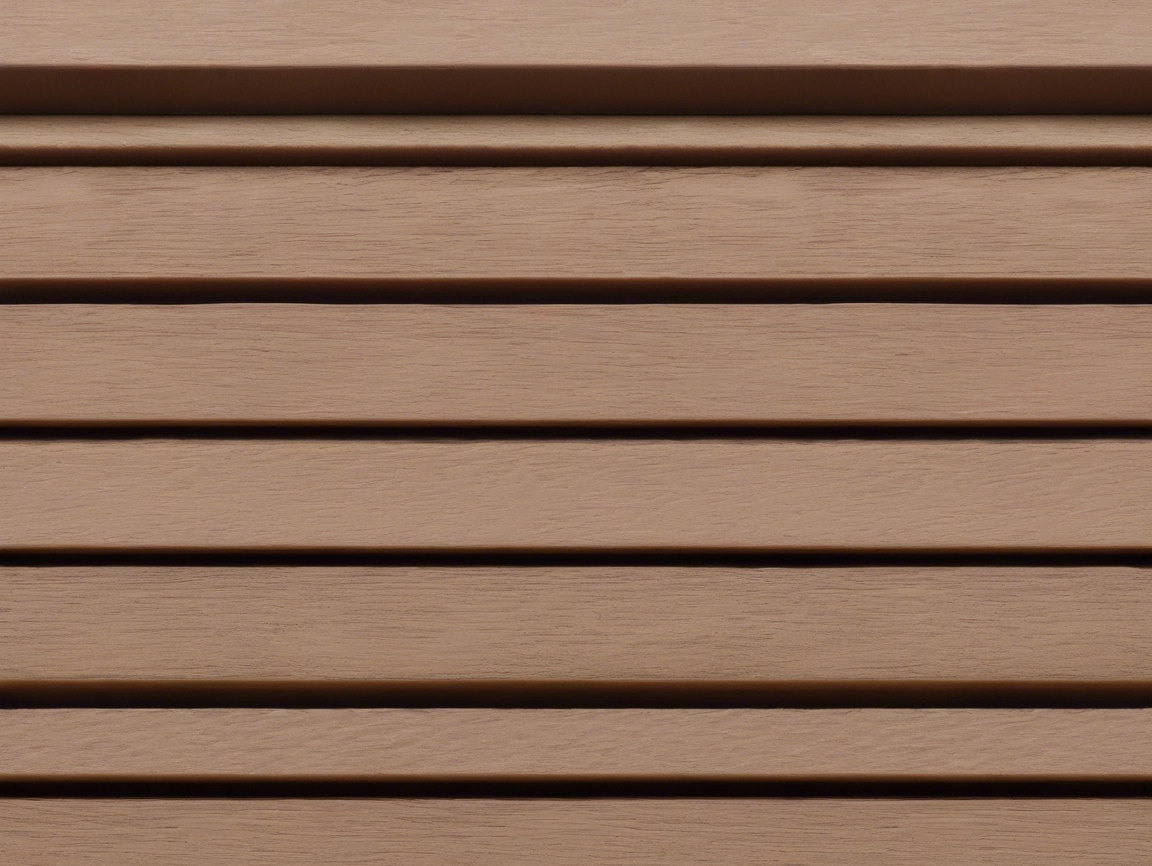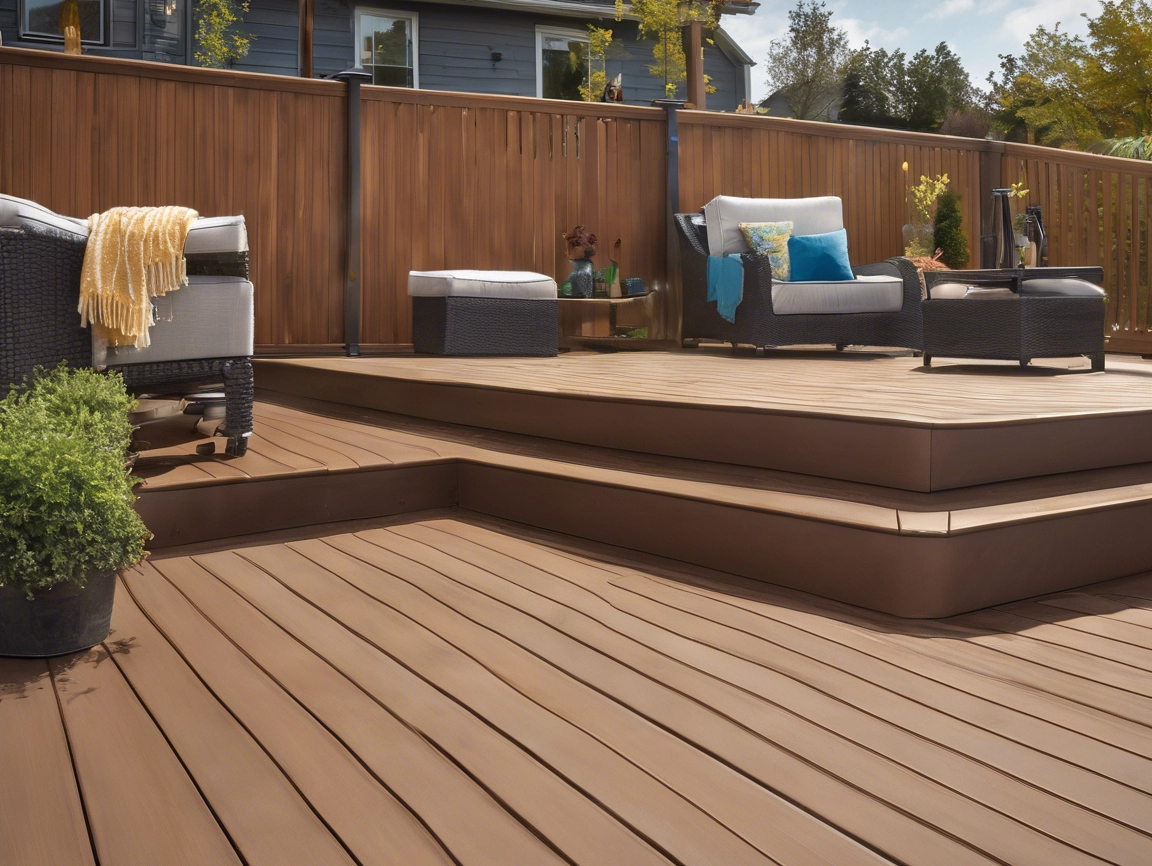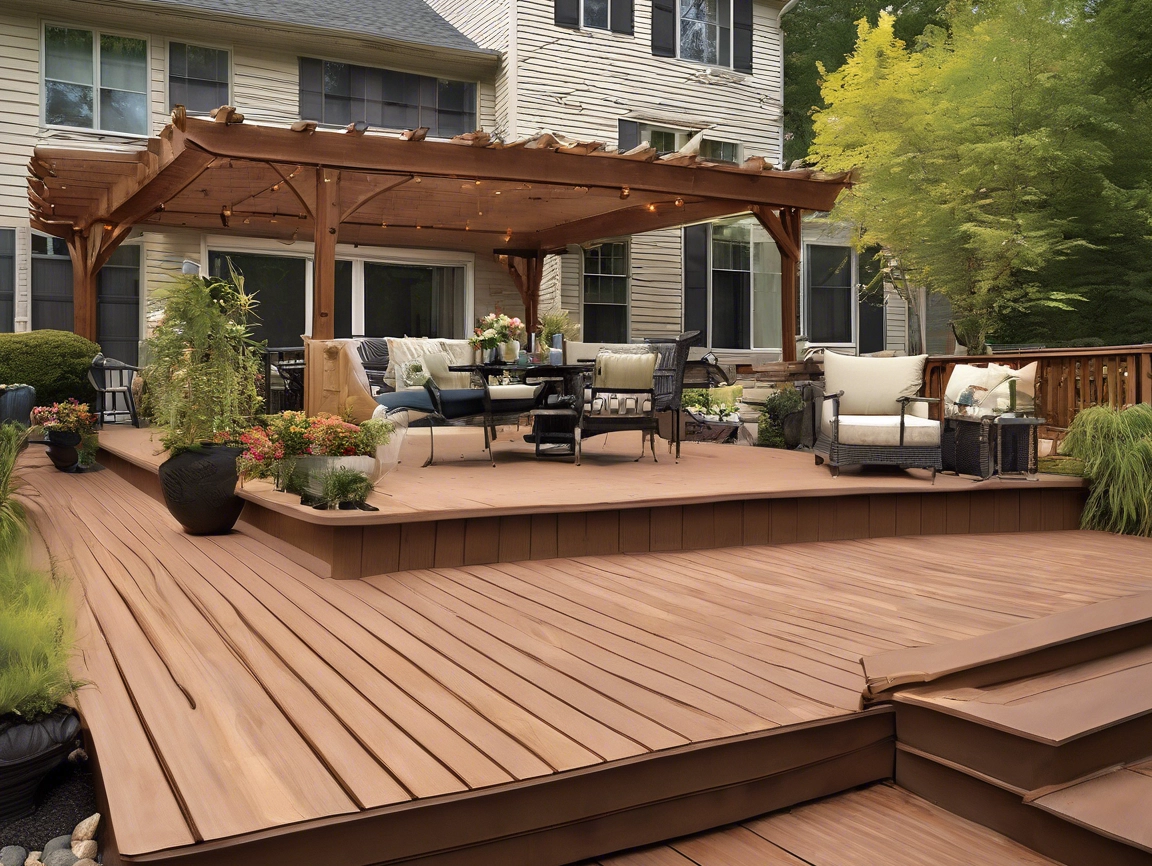What Are Wood Plastic Composite (WPC) Products?
Wood Plastic Composite (WPC) is a revolutionary material blending 60-70% wood fibers with 30-40% recycled plastics (HDPE/PP) and eco-additives, creating durable, sustainable alternatives to traditional wood or PVC. By 2025, WPC adoption is projected to grow by 18% annually, driven by demand for green building solutions. Here’s a comprehensive guide to WPC products and their applications.
1. Composition & Manufacturing
WPC combines natural wood waste (sawdust, bamboo) and post-consumer plastics, bonded under heat and pressure. Key features:
- Material Ratio: High wood content (50-70%) ensures natural aesthetics, while plastic enhances water resistance.
- Production: Witop uses closed-loop extrusion to minimize waste, achieving 92% material efficiency.
- Additives: UV stabilizers, fire retardants, and anti-microbial agents extend product lifespan.
Example: Witop’s EcoShield WPC Panels contain 65% bamboo fibers + 35% recycled HDPE, certified by FSC Mix and Cradle to Cradle Silver.
2. Key Advantages of WPC
Why choose WPC over traditional materials?
- Eco-Friendly: Reduces deforestation and plastic waste (1 ton of WPC = 200kg diverted landfill plastic).
- Durability: Resists rot, termites, and moisture (0.5% water absorption vs. 10% for natural wood).
- Low Maintenance: No painting or sealing required; clean with mild soap.
- Safety: Zero formaldehyde (Witop’s panels emit <0.03mg/m³, exceeding EPA TSCA standards).
3. Common WPC Applications
Versatile uses in residential and commercial spaces:
- Indoor:
- Wall Cladding: 8-12mm textured panels for living rooms or feature walls.
- Flooring: Scratch-resistant WPC tiles (IP67 rating) for kitchens/bathrooms.
- Outdoor:
- Decking: Anti-slip, UV-stable boards (25-year warranty) for patios.
- Fencing: Weatherproof panels with Class A fire ratings.
Witop’s 2025 Innovations:
- Acoustic WPC: Reduces noise by 30dB for offices.
- Thermal Panels: R-value 3.5 for energy-efficient facades.

4. How to Identify Quality WPC
Critical quality checks for buyers:
- Material Transparency: Verify wood/plastic ratios (avoid <50% wood).
- Density: Opt for ≥1.3g/cm³ to prevent warping.
- Certifications: Look for CARB P2, GREENGUARD Gold, and ISO 14001 (sustainable manufacturing).
- Warranty: Trust brands offering ≥15-year coverage (Witop provides 25 years).
5. Sustainability & Future Trends
WPC aligns with global circular economy goals:
- Carbon-Neutral Production: Witop’s factories use 80% solar energy, cutting CO2 by 50% vs. 2020 benchmarks.
- Recyclability: 100% of Witop’s WPC can be reprocessed into new products.
- 2025 Forecast: Bio-based plastics (e.g., PLA) will replace 20% of fossil-derived polymers in WPC.
Conclusion: WPC – The Smart Choice for Modern Living
WPC products merge nature and technology to deliver eco-conscious, long-lasting solutions for homes and businesses. Witop’s advanced WPC lines, backed by rigorous certifications and innovative designs, empower users to build greener without compromising style or performance.
Explore Witop’s WPC catalog to transform your space sustainably!
Free samples
In recent years, composite products have become more and more popular all over the world. We believe you will also be interested in this new material. If you are interested, you can come to consult us. We have a professional service team that can not only answer any questions you may have but also provide you with free samples. Let you better understand the composite products. There is no doubt that composite wall panels will be the new future.
Share

James is a content creator and decorator with five years of experience designing home decor. In his daily life, james is constantly on the lookout for the latest, great examples of house design and further optimizes his solutions. Additionally, he writes articles related to outdoor design, interior design, and architectural decorating materials to help brands build more engaging relationships with their audiences.




